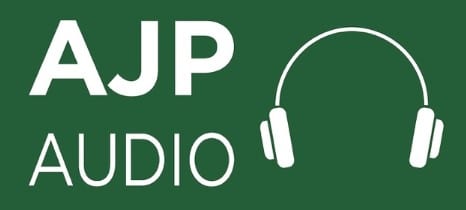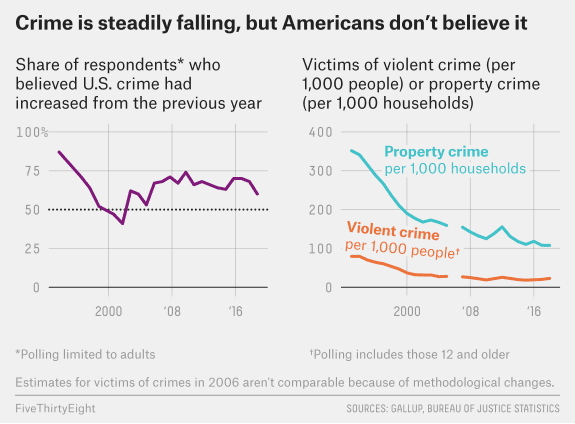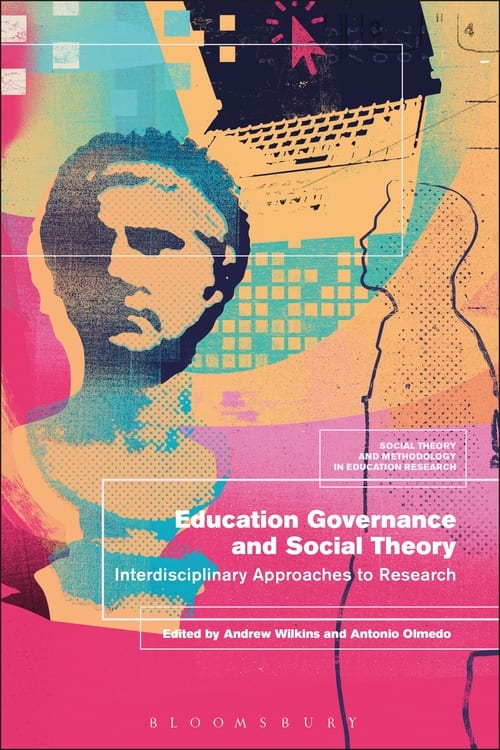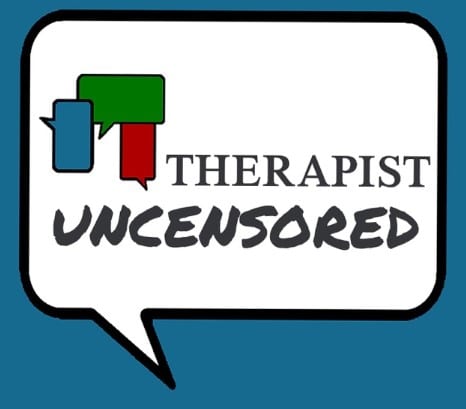
Archive for 2020
GCSE and A level students to receive centre assessment grades
Factors contributing to the distress, concerns, and needs of UK Neuroscience health care workers during the COVID‐19 pandemic
The uneven distribution of housing supply 2006–2016
Chinese online gamers versus nongamers: A difference in social media use and associated well‐being and relational outcomes?
Understanding the Linkages Between Parental Monitoring, School Academic Engagement, Substance Use, and Suicide Among Adolescents in U.S.
Assessing inequalities and regional disparities in child nutrition outcomes in India using MANUSH – a more sensitive yardstick
Accounting for Differential Item Functioning Using Bayesian Approximate Measurement Invariance
A discussion on controversies and ethical dilemmas in prostate cancer screening
Participatory mapping 2.0: new ways for children’s participation in disaster risk reduction
Teaching families to manage intake of candy in the home: Results from a feasibility study using multiphase optimization strategy (MOST)
A first insight about spatial dimension of COVID-19: analysis at municipality level
The Urban Politics of Human Rights Practice
Advancing complexity-informed health promotion: a scoping review to link health promotion and co-creation
The relationship between social network characteristics and depressive symptoms among older adults in the United States: differentiating between network structure and network function
Exposure‐based cognitive behavior therapy for anxiety related to asthma: A feasibility study with multivariate baseline design
Partially and Fully Noncompensatory Response Models for Dichotomous and Polytomous Items
Who’s an iAddict? A Sociodemographic Exploration of Device Addiction Among American Adults
Hormonal Treatments for Major Depressive Disorder

Moral distress and moral residue experienced by transplant coordinators
Prevalence of alcohol use disorder among individuals who binge eat: a systematic review and meta‐analysis
JLT and the Coronavirus
Monitoring implementation in program evaluation with direct audio coding
Community Reinforcement + Vouchers Approach
Digital object attachment
Tips for Implementation Teams
The role of reassurance seeking in obsessive compulsive disorder: the associations between reassurance seeking, dysfunctional beliefs, negative emotions, and obsessive- compulsive symptoms
Achieving Racial Equity From the Bottom-Up? The Student Equity Policy in the California Community Colleges
American Civil War medical practice, the post-bellum opium crisis and modern comparisons

History of Psychiatry, Ahead of Print.
The American Civil War resulted in massive numbers of injured and ill soldiers. Throughout the conflict, medical doctors relied on opium to treat these conditions, giving rise to claims that the injudicious use of the narcotic caused America’s post-bellum opium crisis. Similar claims of medical misuse of opioids are now made as America confronts the modern narcotic crisis. A more nuanced thesis based on a broader base of Civil War era research suggests a more complex set of interacting factors that collectively contributed to America’s post-war opium crisis.
Effects of an inquiry-focused school improvement program on the development of pupils’ attitudes towards curiosity, their implicit ability and effort beliefs, and goal orientations
State‐Level Transgender‐Specific Policies, Race/Ethnicity, and Use of Medical Gender Affirmation Services among Transgender and Other Gender‐Diverse People in the United States
Nursing students’ views on the COVID‐19 pandemic and their percieved stress levels
Reflecting on reflective practice
Depression and Anxiety in the Postnatal Period: An Examination of Infants’ Home Language Environment, Vocalizations, and Expressive Language Abilities
Many Americans Are Convinced Crime Is Rising In The U.S. They’re Wrong.

“She gave me hope and lightened my heart”: The transition to motherhood among vulnerable (young) mothers
The Effect of Male Sexual Abstinence Periods on the Clinical Outcomes of Fresh Embryo Transfer Cycles Following Assisted Reproductive Technology: A Meta-Analysis
Finding Journal Articles in APA PsycInfo to Answer Your Research Question
Fear at work
Conflict before the courtroom: challenging cognitive biases in critical decision-making
Barriers and facilitating factors in the prevention of diabetes type 2 and gestational diabetes in vulnerable groups: A scoping review
Education Governance and Social Theory: Interdisciplinary Approaches to Research

Commentary: Racism is a Public Health Emergency
The Development of Unity
Assessing Perceived Discrimination as Reported by Black and White Women Diagnosed with Breast Cancer
Diabetes and Cardiovascular Disease Risk Perception and Risk Indicators: a 5-Year Follow-up
Prevalence of non-communicable diseases and its risk factors among Ijegun-Isheri Osun residents in Lagos State, Nigeria: a community based cross-sectional study
Narratives of Fear: George Floyd, Protest, and Community Empowerment with Dr. Raphael Travis
